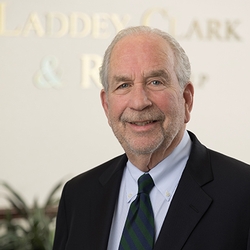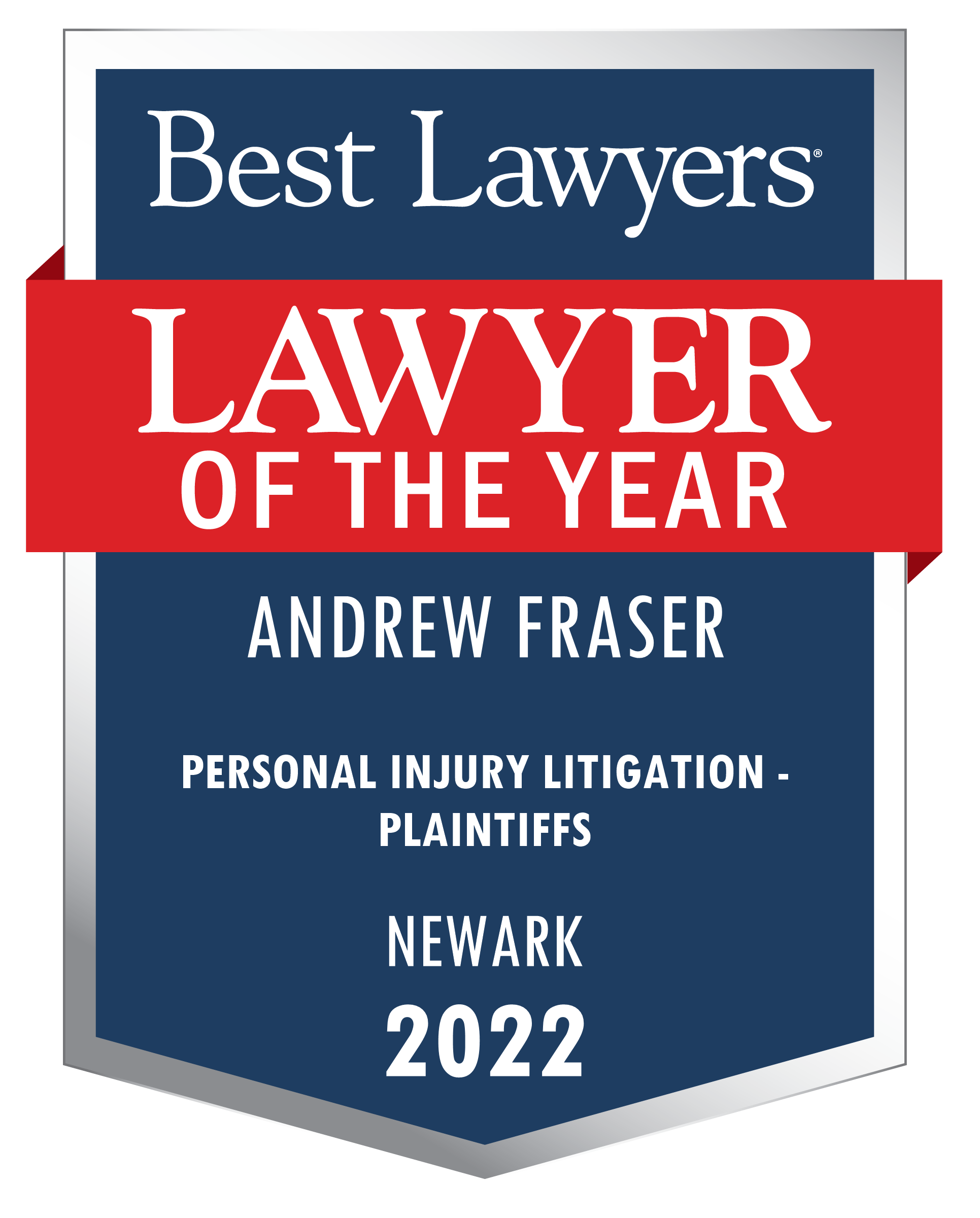The Growing Concern Over Synthetic Opioid Abuse
Related Attorney: Timothy E. Dinan
June 11, 2024
In recent years, the rise of synthetic opioids has become a significant public health crisis, contributing to a staggering increase in overdose deaths and widespread substance abuse issues. Synthetic opioids, such as fentanyl and its analogues, are man-made narcotics developed to mimic the pain-relieving properties of naturally occurring opiates like morphine. However, their potency and ease of production have led to widespread misuse and addiction.
Synthetic opioids are alarmingly potent. Fentanyl, for example, is up to 50 times stronger than heroin and 100 times more potent than morphine. This high potency means that even a tiny amount can cause a fatal overdose, making it extremely dangerous, especially when users are unaware of its presence in other drugs. Drug dealers often mix fentanyl with heroin, cocaine, or methamphetamine to increase potency cheaply, inadvertently increasing the risk of overdose.
The ease of manufacturing and distributing synthetic opioids adds to their potential for abuse. Unlike plant-based opiates, which require extensive cultivation and processing, synthetic opioids can be created in laboratories with relatively simple chemical processes. This accessibility makes it easier for illicit operations to produce these drugs, leading to widespread availability on the streets at a low cost.
Another factor contributing to the abuse of synthetic opioids is the difficulty in detection. Fentanyl and similar substances can be easily mixed into other drugs without being detected by users. Many people who believe they are purchasing heroin or other drugs are unknowingly consuming fentanyl, which significantly heightens the risk of an overdose. The deceptive practice of mixing fentanyl into other substances without the user’s knowledge has become a dangerous trend on the streets.
The impact of synthetic opioid abuse is profound. Emergency rooms across the country report a surge in overdose cases linked to these drugs. Families and communities are often left dealing with the consequences, which include not only death but also long-term health complications for survivors. The economic burden is also significant, with increased healthcare costs and lost productivity.
Addressing the synthetic opioid crisis requires a multifaceted approach. Public health initiatives aimed at education and awareness are critical. There must be increased access to treatment services, including medication-assisted treatment (MAT) options that can help people reduce or quit their use of opioids. Law enforcement also plays a crucial role in combating the distribution and illegal sale of synthetic opioids. Finally, policy makers must work to create and enforce regulations that limit the availability of such potent drugs while ensuring that patients who genuinely need pain relief have access to safe and effective medications.
In conclusion, the abuse of synthetic opioids represents a grave challenge to public health. With their potent effects, ease of production, and difficulty in detection, combating this crisis requires coordinated efforts from all sectors of society.
Questions? Contact Tim Dinan at tdinan@lcrlaw.com, or (973) 729-1880.
See our previous blog post here.


















